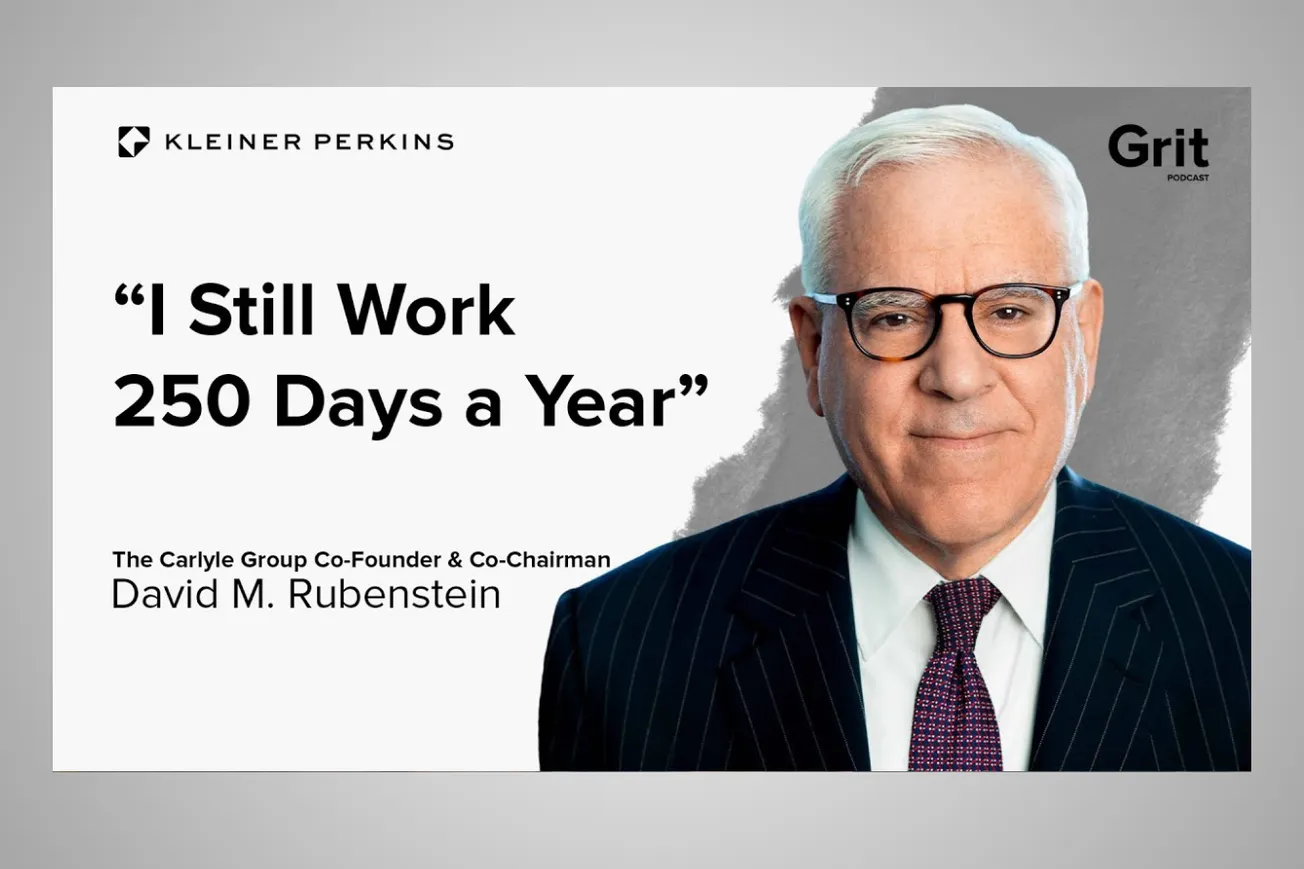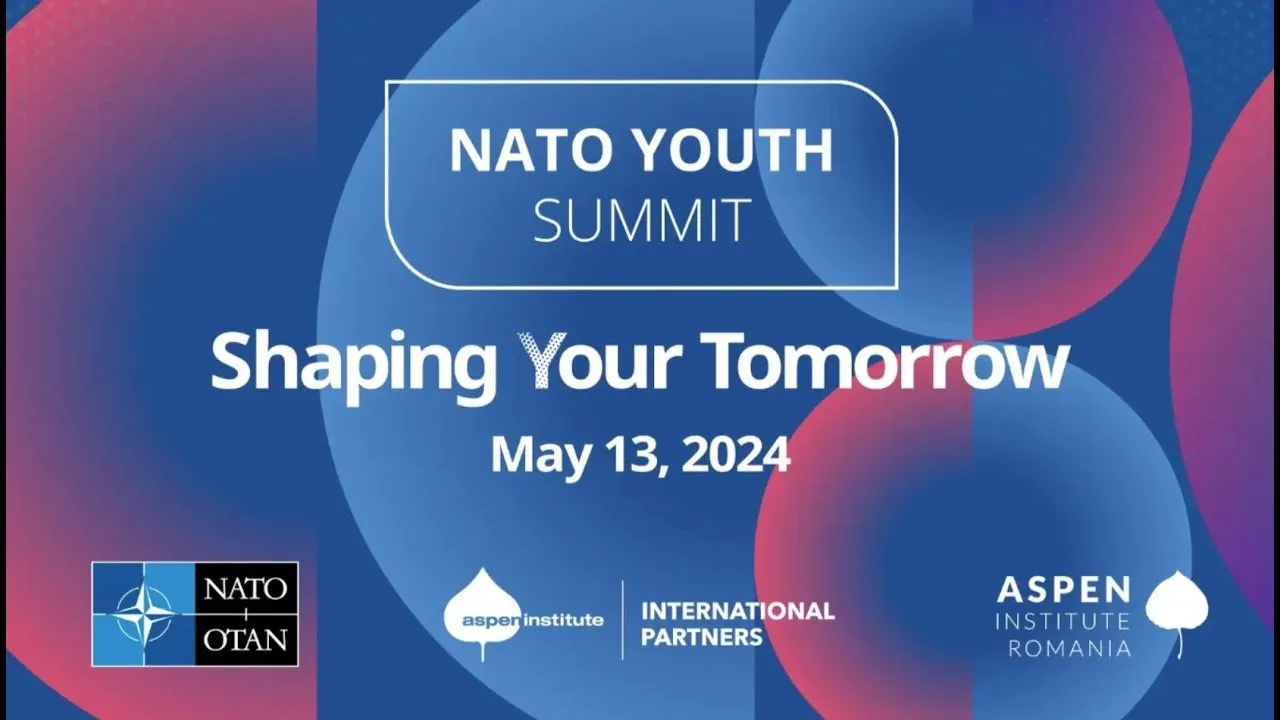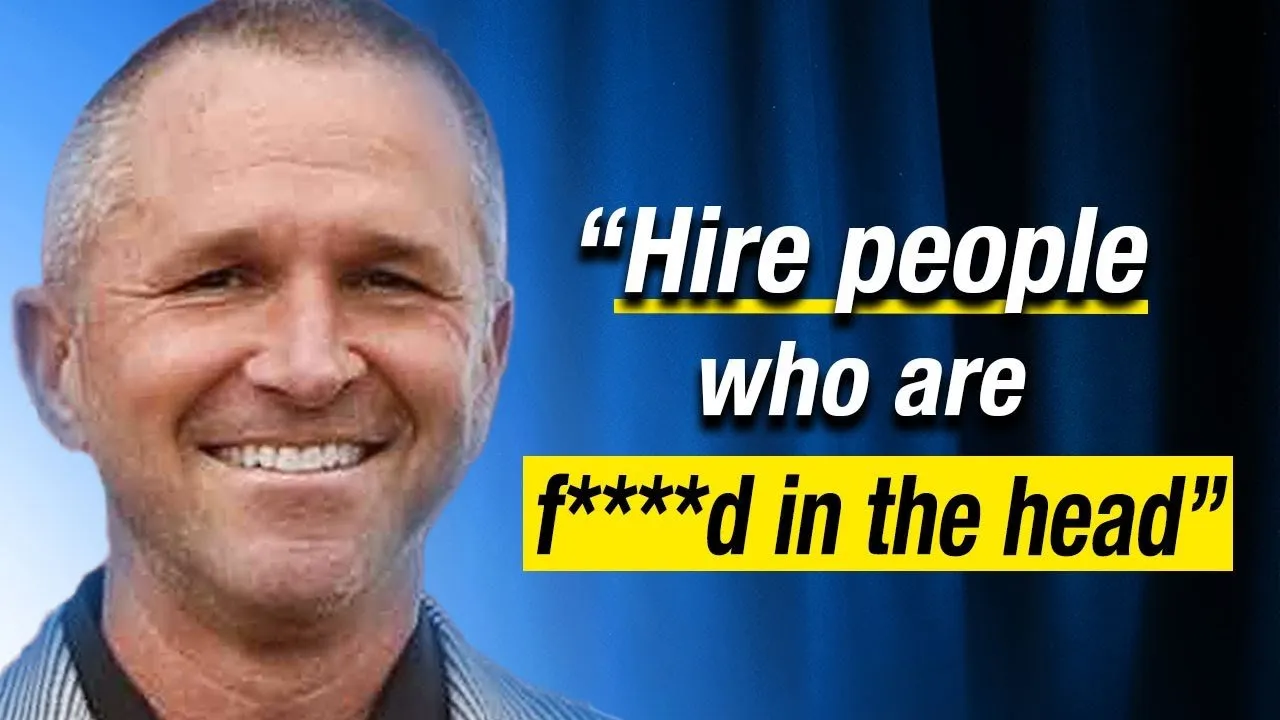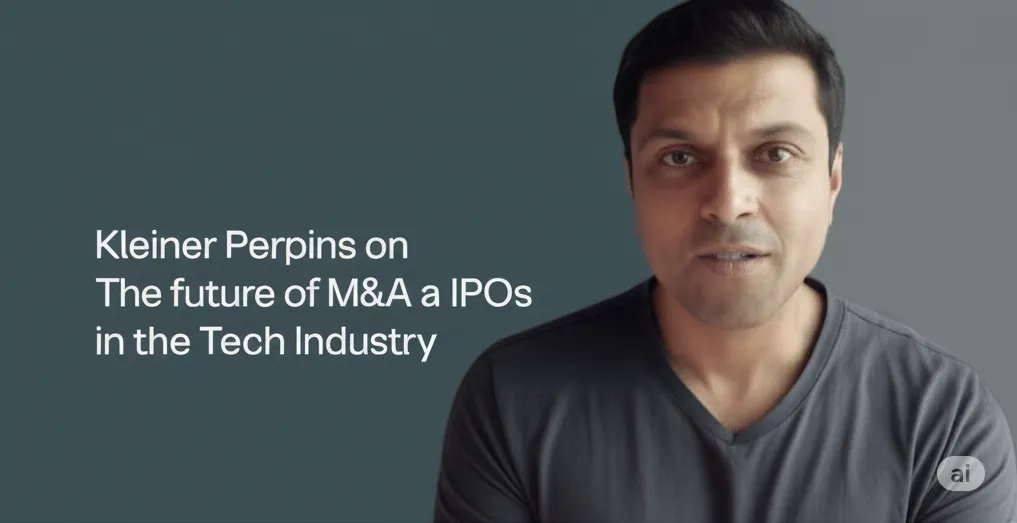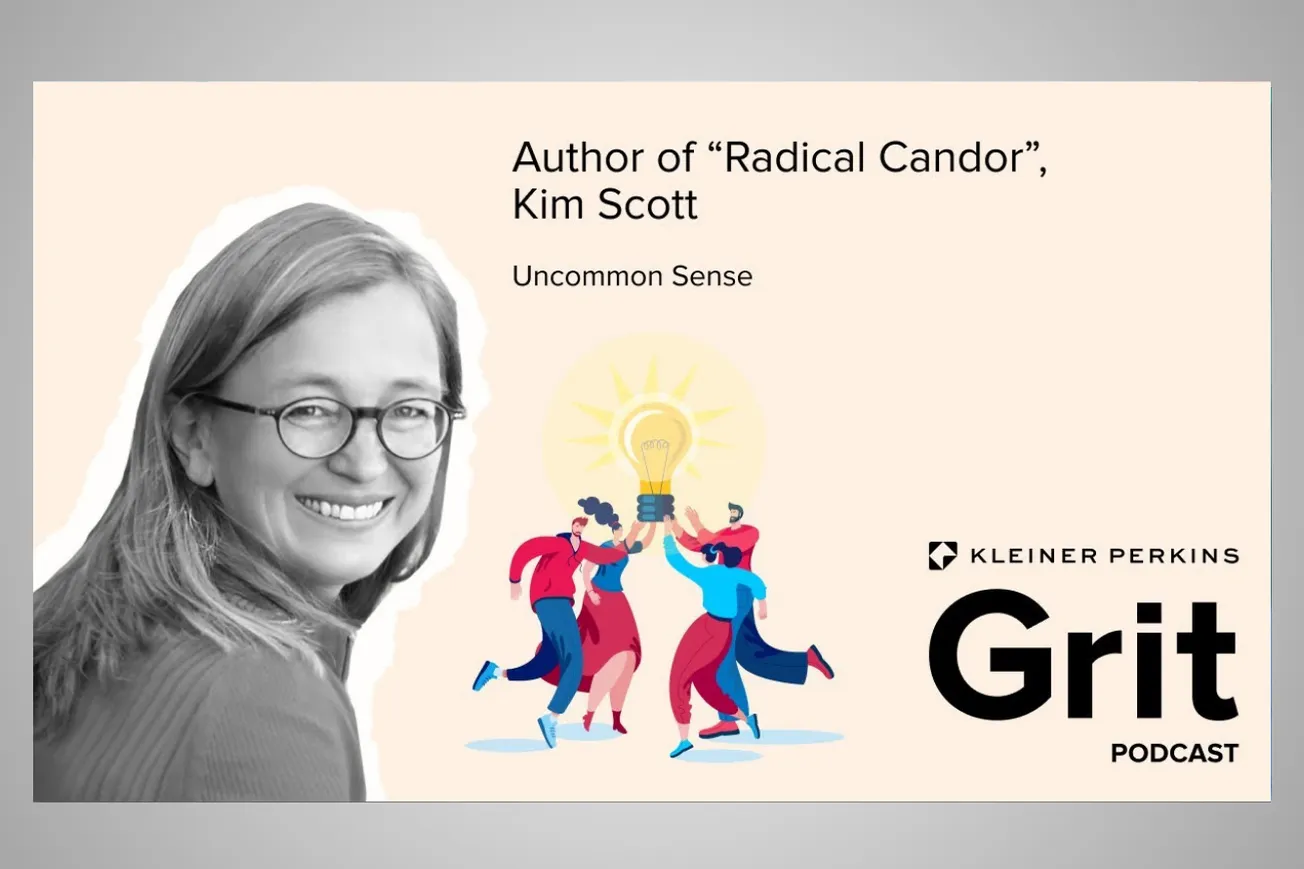Table of Contents
Unpack David Rubenstein's ascent from humble roots to co-founding The Carlyle Group, a $440B+ powerhouse. This interview explores his strategic brilliance in private equity, impactful philanthropy, and masterful navigation of finance, politics, and civic duty—offering key insights into modern leadership and sustainable success.
Key Takeaways
- Strategic Role Definition: Rather than competing in areas of established expertise, Rubenstein identified and mastered fundraising—a critical organizational need that leveraged his unique background and positioning.
- Purpose-Driven Value Creation: His philosophy emphasizes that sustainable wealth generation emerges from passionate pursuit of meaningful objectives, rather than wealth accumulation as an end in itself.
- Institutional Stewardship: Through "patriotic philanthropy" and his commitment to the Giving Pledge, Rubenstein exemplifies how successful professionals can channel resources toward systemic impact.
- Adaptive Leadership: His transition from legal practice to government service to private equity demonstrates the value of intellectual curiosity and strategic career pivoting.
- Long-term Perspective: His approach to supporting his children's ventures during his lifetime, coupled with transparent communication about inheritance expectations, reflects sophisticated thinking about intergenerational value transfer.
- Authentic Networking: His global fundraising success stems from genuine expertise and insights about political and economic dynamics, rather than superficial relationship-building.
- Sustainable Motivation: At 75, his continued drive derives from philanthropic goals rather than personal accumulation, suggesting a mature framework for maintaining professional energy and purpose.
Timeline Overview
- 00:00 - 00:53 - Trailer: A preview of Rubenstein's candid insights on wealth, politics, and the drive behind monumental success.
- 00:53 - 01:40 - Introduction: Setting the stage for a deep dive into the life and career of The Carlyle Group's co-founder.
- 01:40 - 14:40 - Family, wealth, class: Rubenstein shares his perspectives on his upbringing, the complexities of wealth, and guiding his children in a world of affluence.
- 14:40 - 19:25 - Happiness disparity and longevity: An exploration of what truly constitutes happiness, often independent of wealth, and when individuals begin to contemplate mortality.
- 19:25 - 25:04 - I need more to give away more: Rubenstein discusses the motivation behind continued wealth accumulation – primarily to expand his philanthropic impact.
- 25:04 - 33:53 - The relentless fundraiser: Insight into how Rubenstein carved out his crucial role at Carlyle by becoming an indispensable, globe-trotting fundraiser.
- 33:53 - 36:06 - Kids and travel: Further thoughts on family life and experiences.
- 36:06 - 38:59 - No track record, the great white buffalo: The challenges of starting Carlyle without a traditional finance background.
- 38:59 - 43:53 - Business and politics: Navigating the intersection of the financial world and Washington.
- 43:53 - 45:52 - Fired from Washington: Reflections on his experiences in the political arena.
- 45:52 - 48:04 - Fundraising, presidents, podcast guests: Connecting his fundraising efforts with high-level networking.
- 48:04 - 53:44 - Private equity and sports: The motivations behind acquiring the Baltimore Orioles.
- 53:44 - 55:49 - Expenses — no charges: Business philosophies and operational principles.
- 55:49 - 57:26 - Waking up with energy: Maintaining drive and passion late into his career.
- 57:26 - 1:02:05 - Preserving copies: His dedication to historical preservation.
- 1:02:05 - 1:03:41 - Organizational architecture: Structuring and managing large-scale enterprises.
- 1:03:41 - 1:08:11 - Bury me in my plane: Anecdotes reflecting his unique personality and journey.
- 1:08:11 - 1:10:32 - Not a big luxury spender: Personal spending habits despite immense wealth.
- 1:10:32 - 1:10:50 - What “grit” means to David: Defining the core characteristic of perseverance.
- 1:10:50 - End - Outro: Concluding thoughts from the episode.
Family, wealth, class
Rubenstein's analysis of socioeconomic background and professional development offers nuanced insights for understanding talent development and organizational behavior. His observation that blue-collar origins can provide competitive advantages challenges conventional assumptions about elite professional preparation.
The absence of inherited wealth, Rubenstein argues, cultivates essential characteristics: self-reliance, resourcefulness, and intrinsic motivation. This perspective aligns with research on "grit" and resilience, suggesting that professionals who must create their own opportunities often develop superior problem-solving capabilities and risk tolerance. However, this analysis should be balanced against recognition that early access to quality education, professional networks, and cultural capital can also accelerate career development when properly leveraged.
His approach to supporting his children's professional ventures demonstrates sophisticated thinking about family business dynamics. The $25 million seed fund for his son, coupled with clear performance expectations and "market test" criteria, reflects principles of accountability and merit-based advancement that many family enterprises struggle to implement effectively.
The Giving Pledge commitment serves multiple strategic purposes: it manages family expectations around inheritance, demonstrates commitment to societal contribution, and potentially influences his children to develop their own professional competencies rather than relying on inherited wealth.
Happiness disparity and longevity
Rubenstein's observations about happiness and professional satisfaction offer valuable insights for senior executives and high-achieving professionals. His distinction between wealth accumulation and genuine fulfillment resonates with research on intrinsic versus extrinsic motivation in professional settings.
The phenomenon he describes—where "the most tortured souls often are multi-billionaires who have no purpose in life other than acquiring more signs of wealth"—reflects broader patterns in executive psychology. This suggests that sustainable professional satisfaction requires ongoing connection to meaningful objectives beyond financial metrics.
His reference to the "pursuit of happiness" as articulated by Jefferson, combined with observations about his mother's contentment despite modest means, underscores the importance of maintaining perspective on success metrics. For professionals operating in competitive, high-stakes environments, this framework offers a counterbalance to purely performance-driven cultures.
The timing of mortality awareness—typically beginning in one's early sixties—has significant implications for career planning and succession strategies. This developmental phase often catalyzes increased focus on legacy, mentorship, and institutional contribution, suggesting opportunities for organizations to better leverage senior executive experience and wisdom.
I need more to give away more
Rubenstein's insight that "people that sit down and say 'I want to be wealthy,' generally don't make a lot of money" reflects fundamental principles of value creation in competitive markets. This observation aligns with research on entrepreneurial motivation, suggesting that mission-driven approaches often outperform purely profit-seeking strategies.
His examples of Bill Gates and Google's founders illustrate how technological innovation and societal impact can create substantial economic value. This pattern suggests that professionals and organizations should focus on solving meaningful problems rather than pursuing wealth as a primary objective.
The paradox of needing "twice whatever you have" to feel financially secure reflects psychological patterns common among high-achieving professionals. This insight can inform discussions about compensation, retirement planning, and work-life balance in professional settings.
The relentless fundraiser
Rubenstein's transformation into a "relentless fundraiser" demonstrates how professionals can create value by identifying and mastering critical organizational needs, even outside their traditional expertise areas. This strategic approach to role definition offers valuable lessons for career development and organizational contribution.
His willingness to undertake extensive travel and relationship-building reflects the reality that institutional success often requires sustained personal commitment and sacrifice. However, his approach was strategic rather than purely effort-based—he leveraged his Washington background and political insights to provide unique value to international investors.
The recognition that investment committee participation without deal-driving capability could marginalize his influence shows sophisticated understanding of organizational dynamics. Rather than competing unsuccessfully in areas of others' strength, he focused on his distinctive contribution to institutional success.
Implications for Professional Development
Strategic Career Planning
Rubenstein's career demonstrates the value of strategic positioning rather than conventional advancement. Professionals can benefit from identifying organizational or market needs that align with their unique backgrounds and capabilities, even if these areas fall outside traditional career paths.
Leadership Philosophy
His emphasis on contribution and institutional building, rather than personal advancement, offers a framework for sustainable leadership that generates both financial returns and societal value. This approach may be particularly relevant as younger professionals increasingly seek purpose-driven careers.
Wealth and Success Integration
The tension between continued wealth accumulation and philanthropic objectives reflects broader challenges facing successful professionals. Rubenstein's framework suggests that ongoing achievement can be sustained through evolving objectives that maintain personal challenge while contributing to societal needs.
Family and Professional Legacy
His transparent approach to family wealth management offers insights for professionals navigating intergenerational business relationships. The emphasis on supporting children's development during one's lifetime, rather than focusing solely on inheritance planning, provides a proactive model for family professional development.
Conclusion
David Rubenstein's professional journey offers a sophisticated framework for understanding modern leadership, capital formation, and the integration of commercial success with societal contribution. His career demonstrates that exceptional achievement often emerges from strategic positioning, sustained commitment to institutional building, and the ability to evolve objectives over time while maintaining core principles.
For contemporary professionals, his example suggests that sustainable success requires balancing competitive excellence with broader purpose, developing unique institutional capabilities, and maintaining long-term perspective on both professional achievement and societal contribution. His approach to fundraising, family dynamics, and philanthropic engagement provides practical models for navigating the complexities of modern professional leadership.
The enduring relevance of his insights lies not in specific tactical approaches, but in the underlying framework of strategic thinking, institutional stewardship, and the integration of personal achievement with broader societal value creation. These principles remain applicable across industries and career stages, offering guidance for professionals seeking to build meaningful and impactful careers in an increasingly complex global economy.

